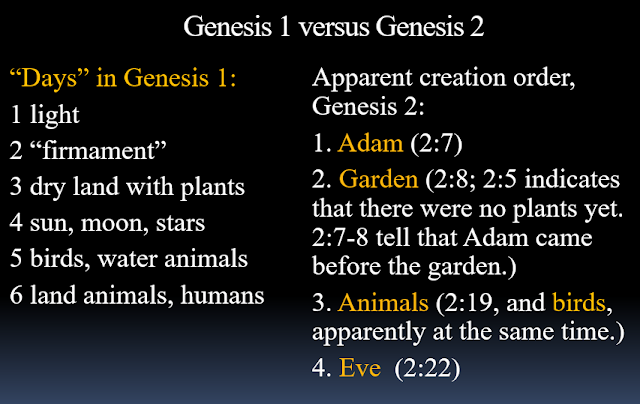Job 37:18 Can you, with him, spread out the sky,
which is strong as a cast metal mirror? (World English Bible, public domain)
Job 37:18 Hast thou with him spread out the sky, which is strong,
and as a molten looking glass? (King James)
II. That he had no share at all in the first making of the world (v. 18): "Hast thou with him spread out the sky? Thou canst not pretend to have stretched it out without him, no, nor to have stretched it out in conjunction with him; for he was far from needing any help either in contriving or in working." The creation of the vast expanse of the visible heavens (Gen. 1:6-8), which we see in being to this day, is a glorious instance of the divine power, considering,
1. That, though it is fluid, yet it is firm. It is strong, and has its name from its stability. It still is what it was, and suffers no decay, nor shall the ordinances of heaven be altered till the lease expires with time.
2. That, though it is large, it is bright and most curiously fine: It is a molten looking-glass, smooth and polished, and without the least flaw or crack. In this, as in a looking-glass, we may behold the glory of God and the wisdom of his handy work, Ps. 19:1. When we look up to heaven above we should remember it is a mirror or looking-glass, not to show us our own faces, but to be a faint representation of the purity, dignity, and brightness of the upper world and its glorious inhabitants.
- Matthew Henry's commentary, 1708-10, on Job. (Newton's Principia was published in 1687. I don't know if Henry was familiar with its ideas of the structure of the solar system, but he doesn't seem to have used them, if he did. We don't, always, either. We still speak as if the sun rose and set, when it really doesn't.)
A web site defending inerrancy attempts, with some success, to eliminate some of the difficulties suggested above. However, it seems to me that the best way to deal with passages like that above is to suppose that God, who knows how things really work, simply allowed the views of people who knew (or know) only partly to be represented in the Bible. For example, take this excerpt:
Job 38:31 “Can you bind the cluster of the Pleiades, or loosen the cords of Orion? 32 Can you lead the constellations out in their season? Or can you guide the Bear with her cubs? 33 Do you know the laws of the heavens? Can you establish its dominion over the earth? (World English Bible)
We now know that the constellations, such as the ones mentioned above, are composed of stars (or galaxies that look like stars to the naked eye) that are far apart, and at varying distances from us. Orion, for example, has parts that are about 26 light years away, and other parts that are several thousand light years away. God knew all of that, and more, but Job didn't. God used the ideas of the time, incorrect as they were, to teach Job, without correcting Job's view of astronomy. Job wasn't meant as an astronomy text. No doubt we have some seriously incorrect views of nature, too.
Thanks for reading!









